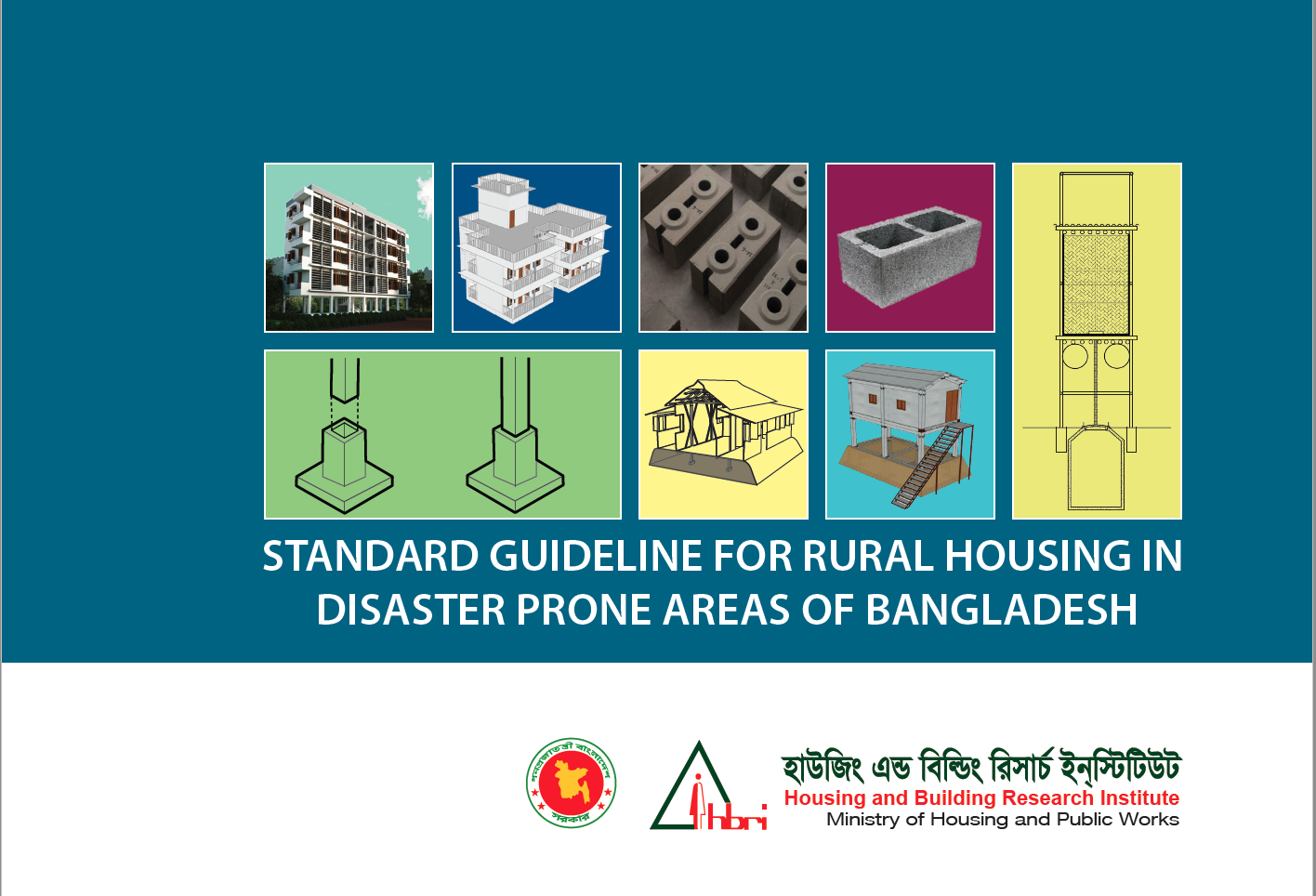Enacting Humanitarian Culture: How Technical Communication Facilitates Successful Humanitarian Work
Purpose: Technical communicators should look beyond for-profit industry to develop a fuller understanding of how technical communication can support, enable, and constitute successful work practices. To illustrate, we report a subset of findings regarding how technical and professional communication supports successful humanitarian work.
Method: We conducted a three-phase longitudinal study of an international humanitarian organization. In Phases 1 and 2, we conducted phone/Skype interviews with 25 practitioners, a group including international, regional, national, and local levels of the organization. In Phase 3, we engaged in ethnographic observation of work practices in six countries and conducted a total of 95 additional interviews (in person) with humanitarian practitioners.
Results: Communication plays an important role in the success of practitioners’ day-to-day work when that communication pursues goals relevant to humanitarian culture, such as showing respect for local ways of operating. Specifically, our findings show that enacting humanitarian culture led practitioners to (a) localize how they speak, (b) collaboratively produce written documents, and (c) encourage bottom-up organizational communication.
Conclusion: We found that while many of our field’s skills and areas of expertise carried over to humanitarian environments, the values and motivations associated with humanitarian culture are what influenced the effective application of these skills and are, therefore, key to the effectiveness of communication. In particular, fine-grained localization and empowerment at the lowest level are central to professional communication that supports successful humanitarian work.

